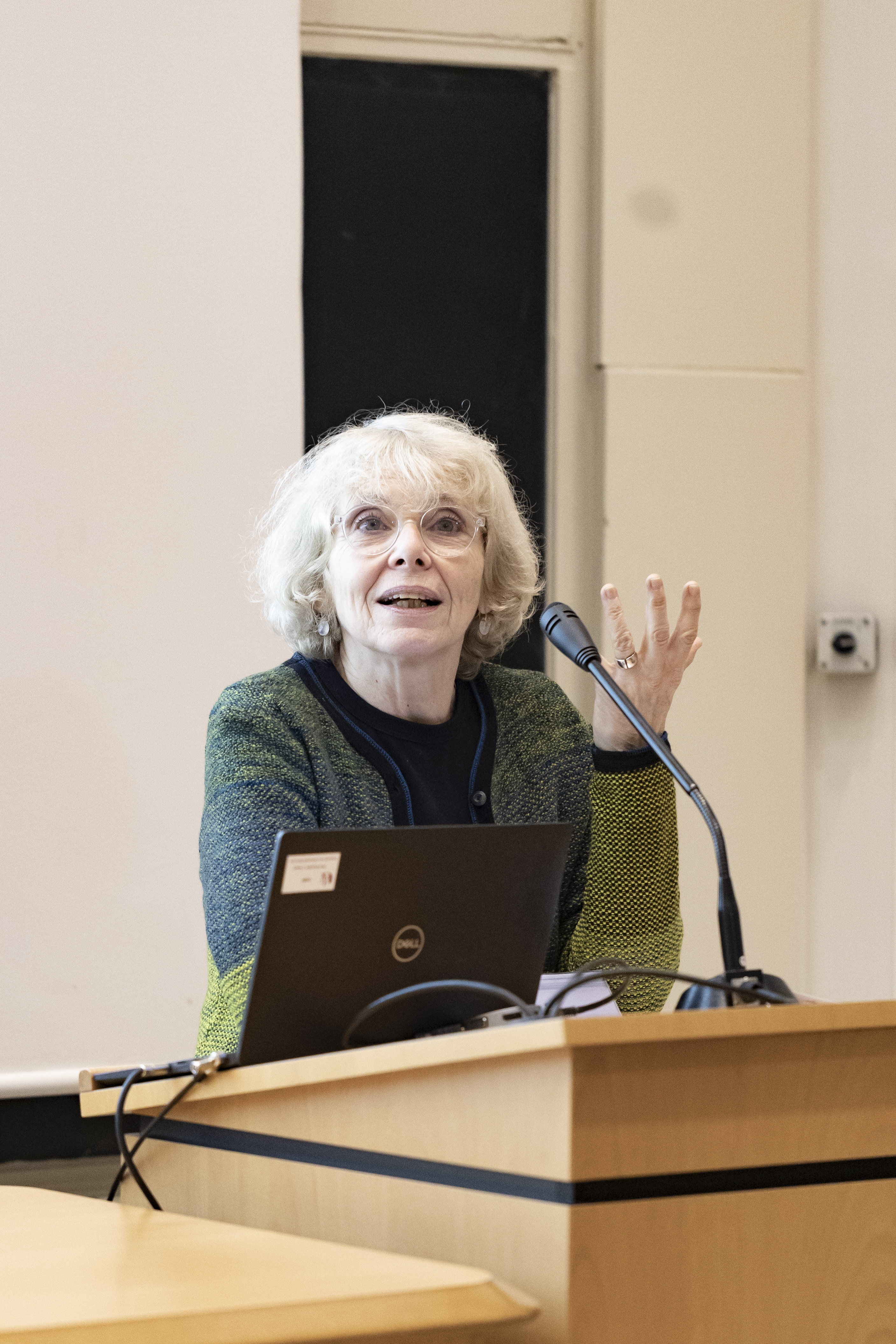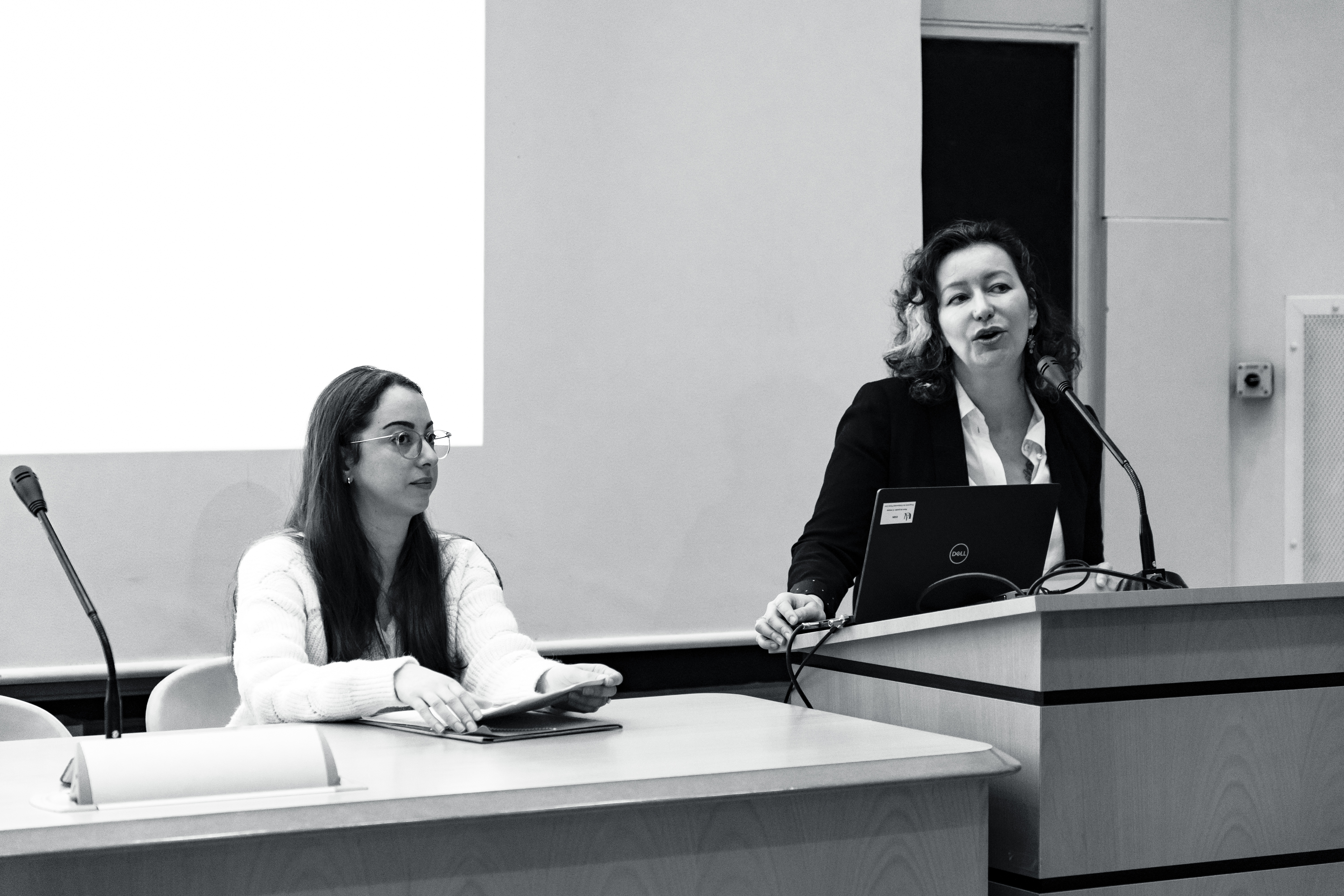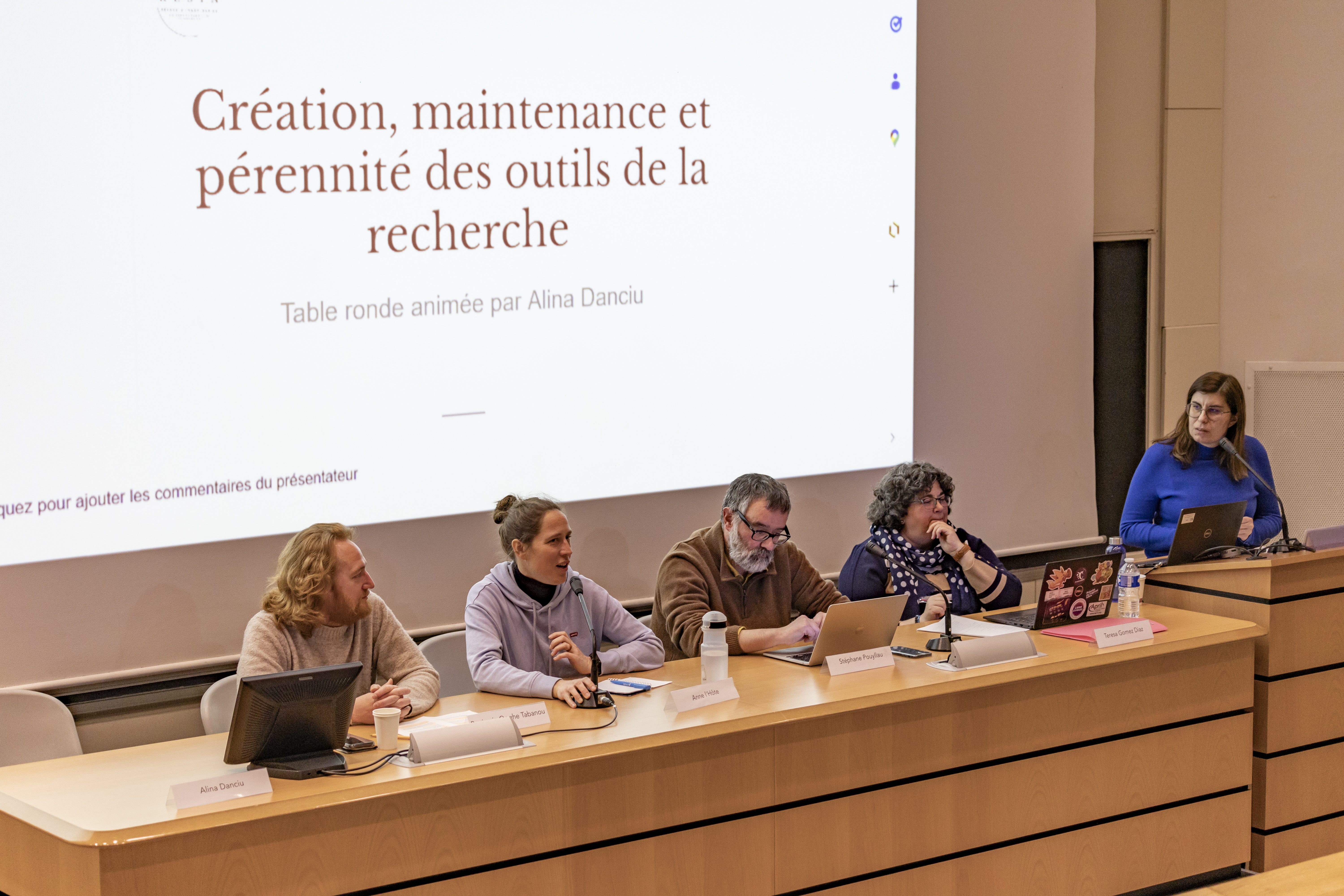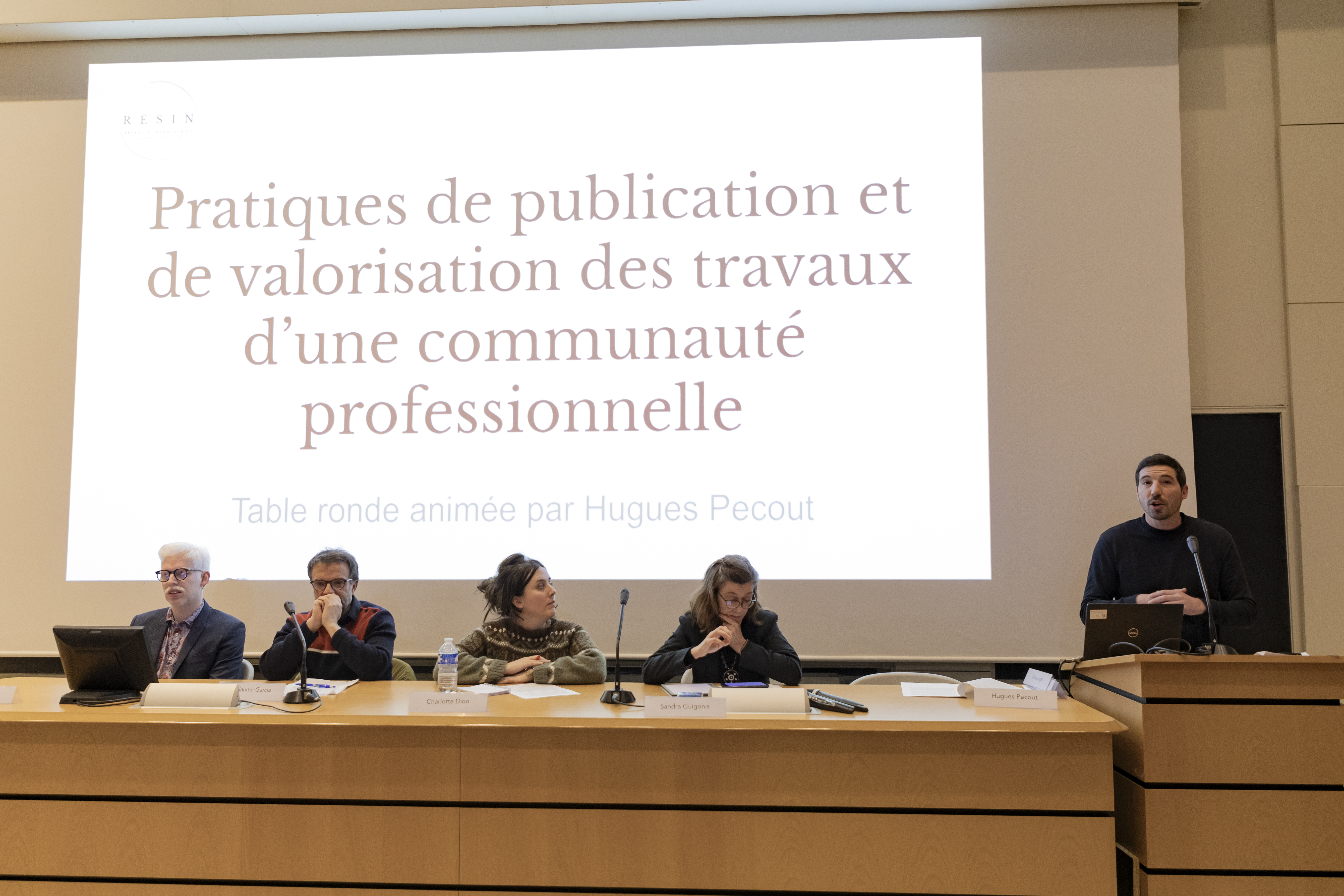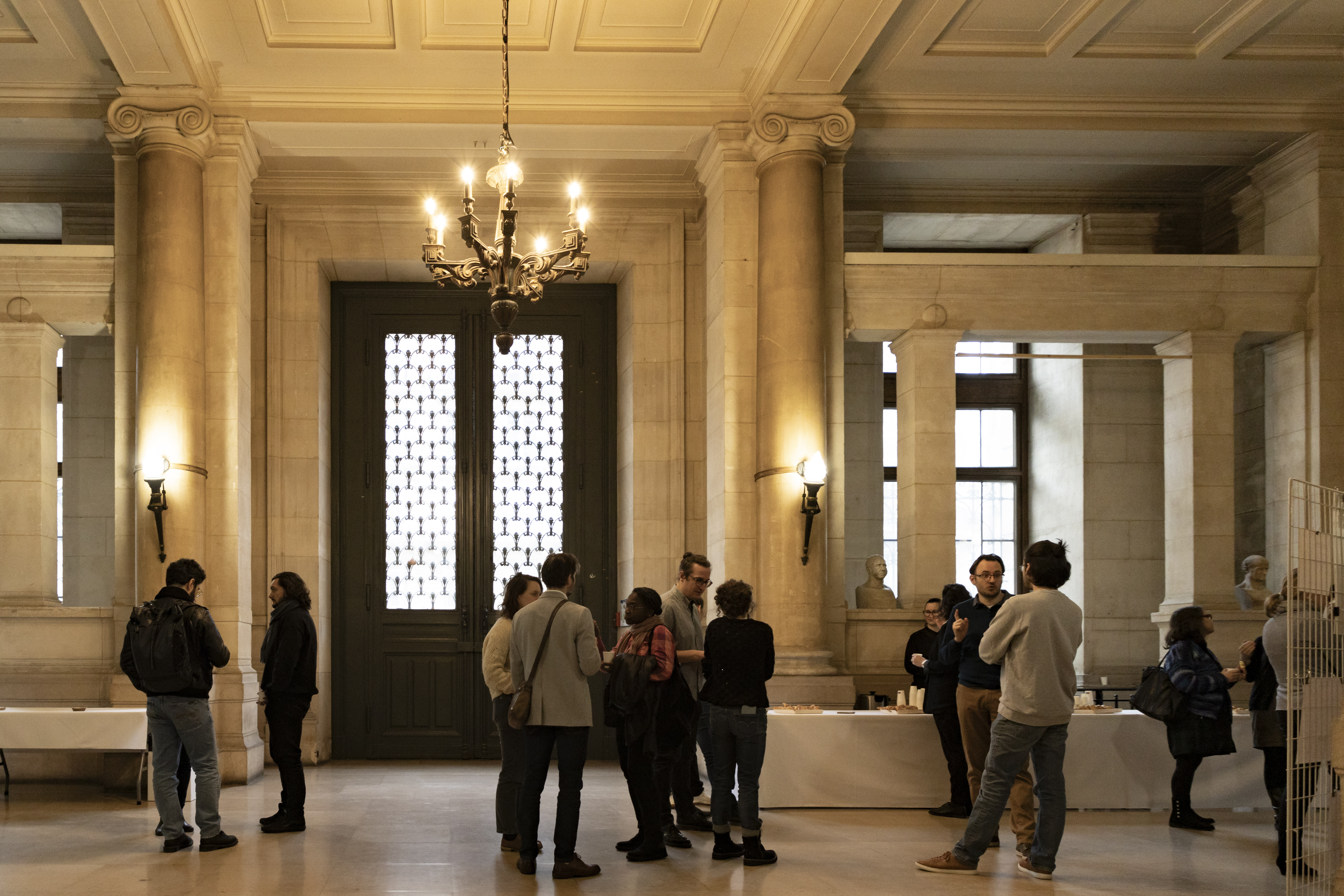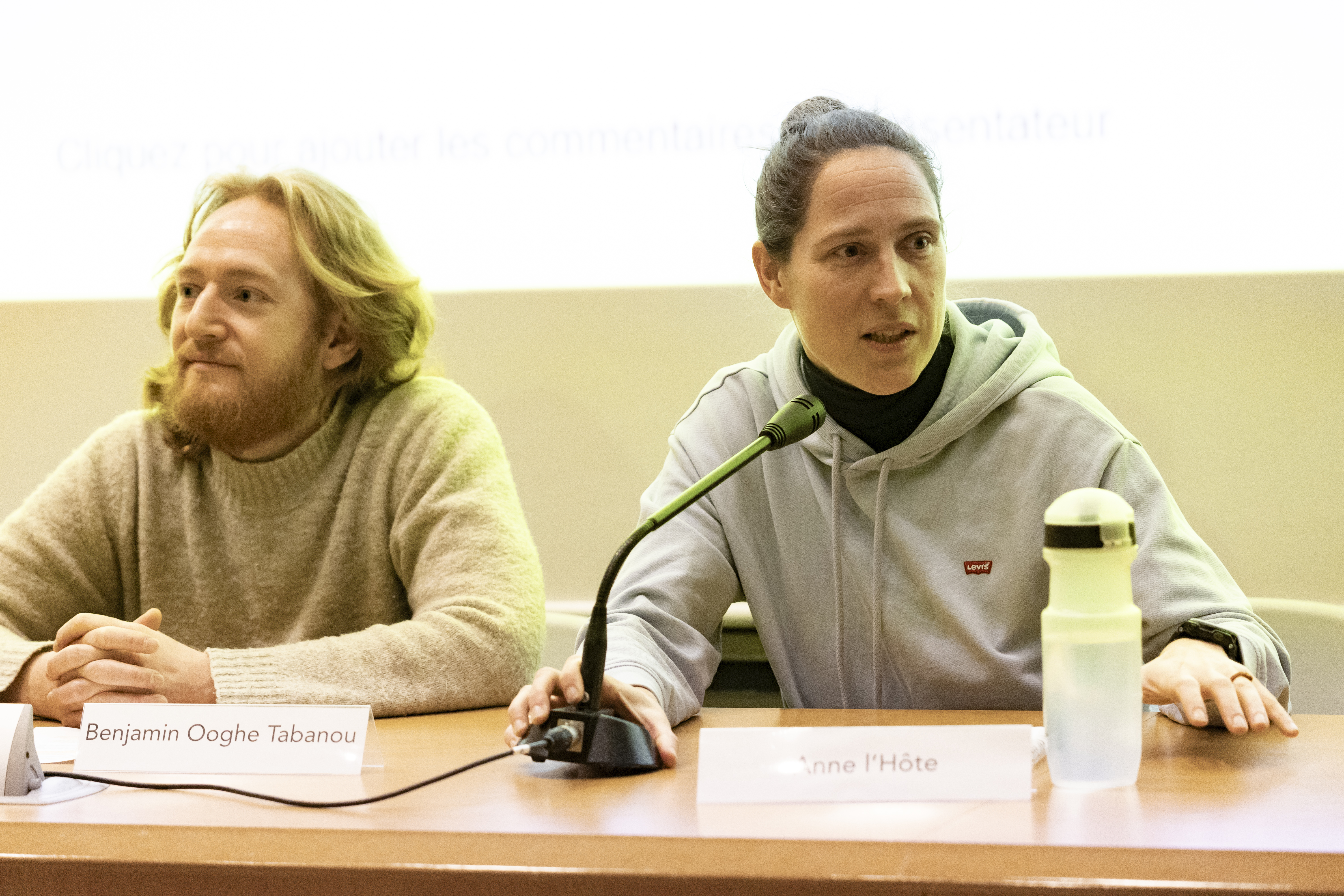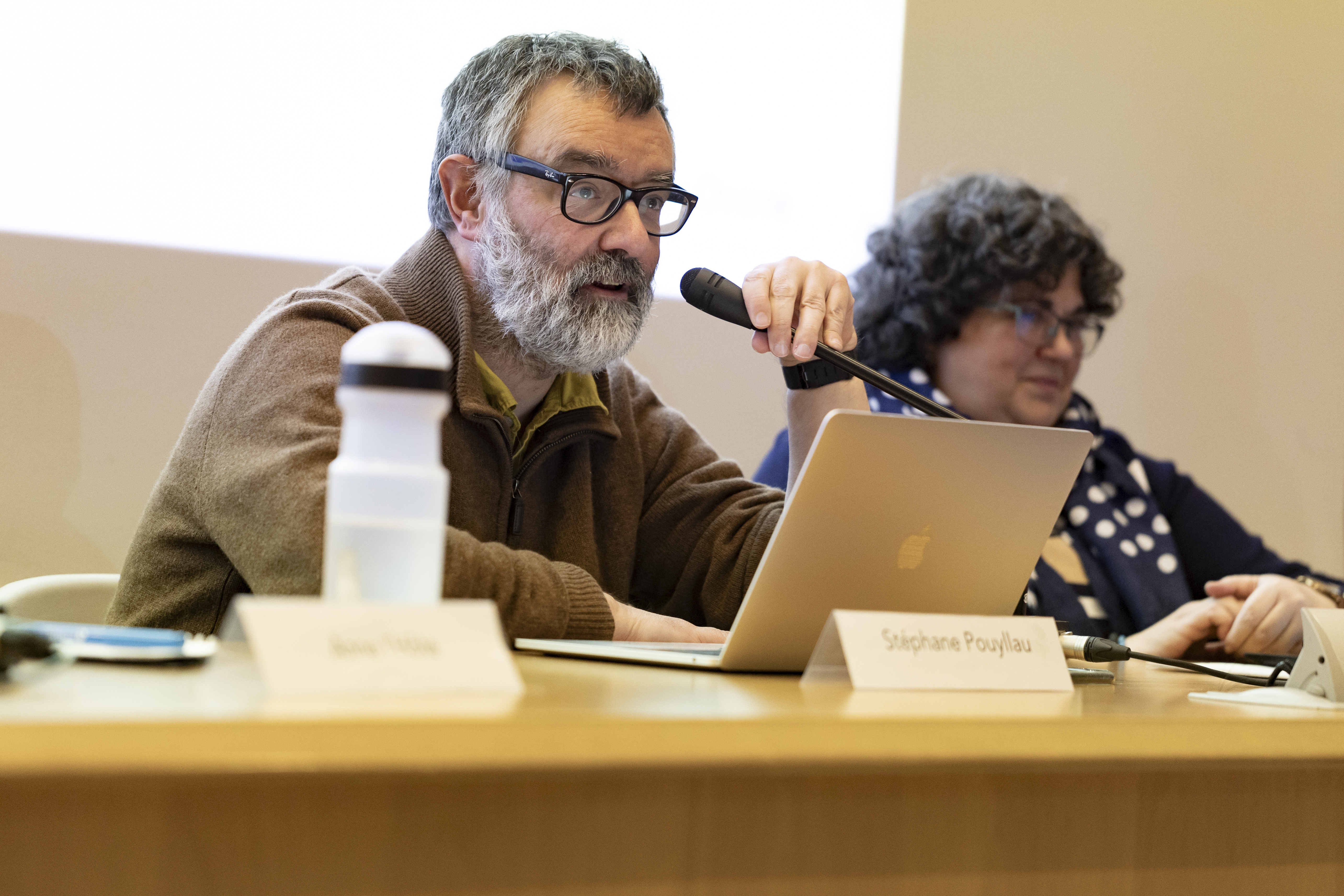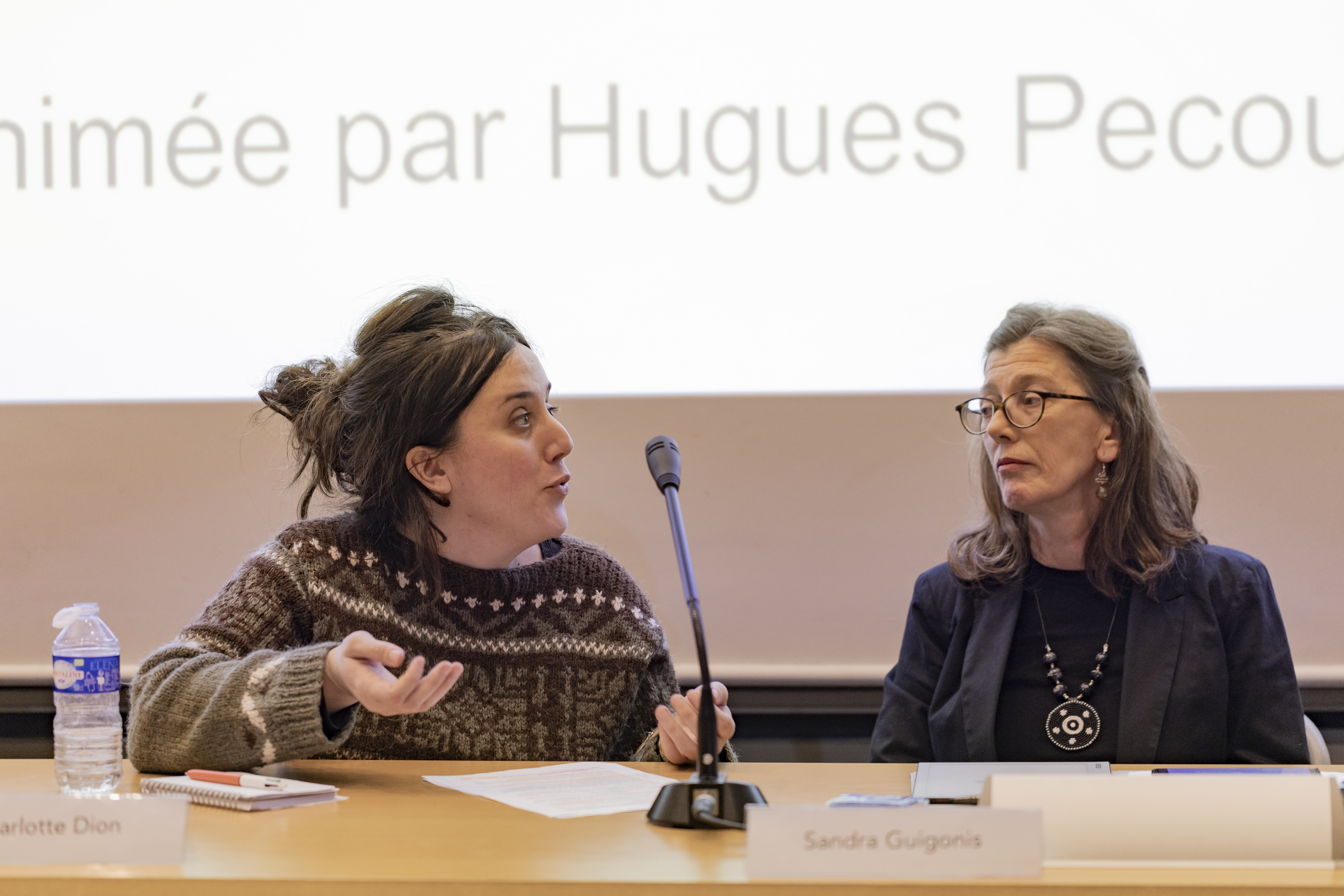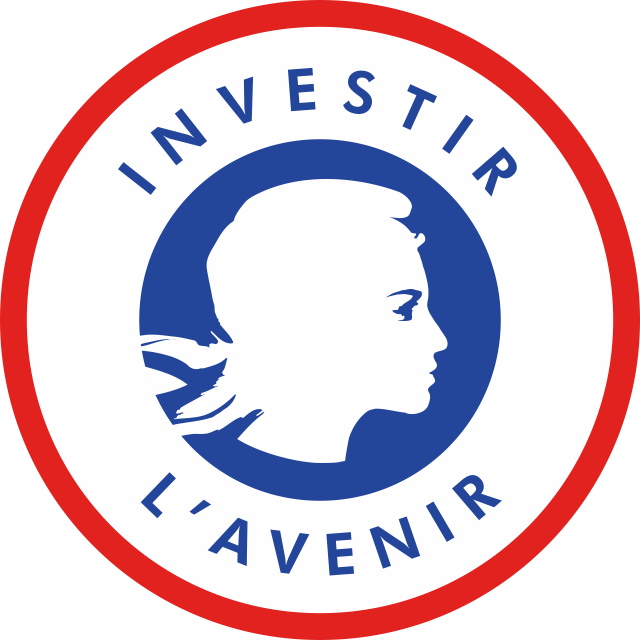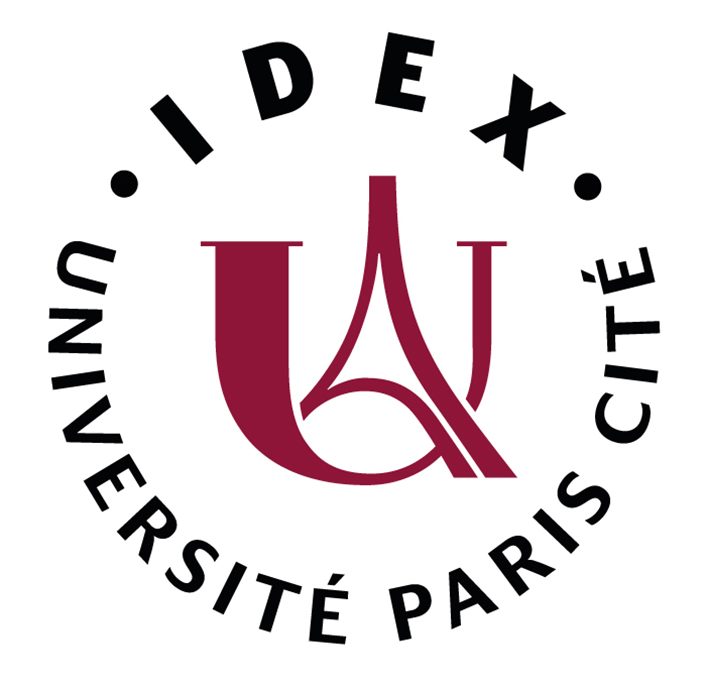███████████████████████▓▓▓▓▓▓▓▓█▓▓▓▓▓▓▒▓▓████▓▓▓▓▓▓▓▓▓▓▓▓▓▓▓▓▓▓▓▓▓▓▓▓▓▓▓▓▓▓▓▓▓▒░▒▒▒▓███▒▓▓▒▒██▒▓▒▒░ ░░▒▒▒▒▓█▓▓▓▓▓▓▓▓▓▓▓▓▓▓▓▓▓▓▓▓█████▓▓▓▓▓▓▓▓▓▓█▓▓▓▓▓▓▓▓▓████████████████▓▓▓▓▓▓▓▓▓▓▓▓▓▓▓▓▓▓▓▓▓▓▓▓▓▓▓██████▓▓▓▓▓▓████████████████████████████████
▓▓▓▓▓▓▓▓▓▓▓▓▓▓█████████▓▓▓▓▓▓▓▓█▓▓▓▓▓▒▒▓▓████▓▓▓▓▓▓▓▓▓▓▓▓▓▓▓▓▓▓▓▓▓▓▓▓▓▓▓▓▓▓▓▓▓▓▒▒▒▒▓▓███▒▒▓▒██▒▓▒▒░ ░░▒▒▒▓▓█▓▓▓▓▓▓▓▓▓▓▓▓▓▓▓▓▓▓▓▓█████▓▓▓▓▓▓▓▓▓▓▓▓▓▓▓▓▓▓▓▓████████████████████████████████████████████████▓▓▓▓▓▓▓████████████████████████████████
▒▒▒▒▒▒▒▒▒▒▒▒▒▓█████████▓▓▓▓▓▓▓▓█▓▓▓▓▓▓▒▒▓▓███▓▓▓▓▓▓▓▓▓▓▓▓▓▓▓▓▓▓▓▓▓▓▓▓▓▓▓▓▓▓▓▓▓▒▒▒▓▓▓▓▓██▓▒▒░██▒▓▒▒░░░▒▒▒▓▓██▓▓▓▓▓▓▓▓▓▓▓▓▓▓▓▓▓▓▓▓█████▓▓▓▓▓▓▓▓▓▓▓▓▓▓▓▓▓▓▓▓███████████████████████████████████████████████▓▓▓▓▓▓▓▓████████████████████████████████
▓▓▓▓▓▓▓▓▓▓▓▓▓▓█████████▓▓▓▓▓▓▓▓█▓▓▓▓▓▓▒▒▓▓████▓▓▓▓▓▓▓▓▓▓▓▓▓▓▓▓▓▓▓▓▓▓▓▓▓▓▓▓▓▓█▓▓▒▒▓▓▓▓▓▓█▓▓▓▓██▓▒▒▒▒░▒▒▓██▓█▓█▓▓▓▓▓▓▓▓▓▓▓▓▓▓▓▓▓▓▓█████▓▓▓▓▓▓▓▓▓▓▓▓▓▓▓▓▓▓▓▓████████▓▒▒▒▒▒▒▓▓▓▓▓▓▓▓▓▓▓▓▓▓▓▓▓▓▓▓▓▓▓▓▓▓▓▓▓▓▓▓▓▓▓▓▓▓▓▓▓▓▓▓▓▓▓▓██▓█████████████████████
▓▓▓▓▓▓▓▓▓▓▓▓▓▓█████████▓▓▓▓▓▓▓▓█▓▓▓▓▓▓▒▓▓▓████▓█▓▓▓▓▓▓▓████▓▓▓▓▓▓▓▓▓▓▓▓▓▓▓▓▓███▓▒▒▓▒▒▒▓███▓████▓▓▓▓▒▒▓█▓▓▓▒▒▓▓▓▓▓▓▓▓▓▓▓▓▓▓▓▓▓▓▓▓█████▓▓▓▓▓▓▓▓▓▓▓▓▓▓▓▓▓▓▓█████████▓▓▓▓▓▓▓▓▓▓▓▓▓▓▓▓▓▓▓▓▓▓▓▓▓▓▓▓▓▓▓▓▓▓▓▓▓▓▓▓▓▓▓▓▓▓▓▓▓▓▓▓▓▓▓▓▓▓▓▓▓▓▓▓▓▓▓▓▓▓▓▓▓▓▓▓▓▓▓
▓▓▓▓▓▓▓▓▓▓▓▓▓▓█████████▓▓▓▓▓▓▓▓█▓▓▓▓▓▓▒▒▓▓████▓▓▓▓▓▓▓▓▓██████████████▓▓▓▓▓▓▓▓█████▓▓▓▓▓█████████▒▓▓▒▓█▓▒▒▓▓███▓▓▓▓▓▓▓▓▓▓▓▓▓▓▓▓▓▓████▓▓▓▓▓▒▓▓▓▓▓▓▓▓▓▓▓▓▓▓█████████▓▓▓▓▓▓▓▓▓▓▓▓▓▓▓▓▓▓▓▓▓▓▓▓▓▓▓▓▓▓▓▓▓▓█▓███████████████████████████████████████████
▓▓▓▓▓▓▓▓▓▓▓▓▓▓█████████▓▓▓▓▓▓▓▓█▓▓▓▓▓▓▒▒▓▓████▓▓▓▓▓▓▓▓▓█████████████████▓▓▓▓▓█▓▓▓█▓▒▒▒█▓█████████▓▓██▓▓████████▓▓█████▓▓▓▓▓▓▓▓▓▓████▓▓▓▓▓▓▓▓▓▓▓▓▓▓▓▓▓▓▓▓█████████▓▓▓▓▓▓▓▓▓▓▓▓▓▓▓▓▓▓▓▓▓▓▓▓▓▓▓▓▓▓▓▓▓▓▓▓▓▓▓█▓▓▓████████████████████████████████████
▓▓▓▓▓▓▓▓▓▓▓▓▓▓█████████▓▓▓▓▓▓▓▓█▓▓▓▓▓▓▒▒▓▓████▓▓▓▓▓▓▓▓▓█████████████████████▓▓██▓███▓▓███████▓██▓▓▓▓▓▓▓██████████████▓▓▓▓▓▓▓▓▓▓▓████▓▓▓▓▓▓▓▓▓▓▓▓▓▓▓▓▓▓▓▓▓████████▓▓▓▓▓▓▓▓▓▓▓▓▓▓▓▓▓▓▓▓▓▓▓▓▓▓▓▓▓▓▓▓▓▓▓▓▓▓▓▓▓█▓▓▓██████████████████████████████████
▓▓▓▓▓▓▓▓▓▓▓▓▓▓█▓███████▓▓▓▓▓▓▓▓█▓▓▓▓▓▒▒▒▓▓████▓▓▓▓▓▓▓▓▓███████████████████████████████▓█████████▓▓▒██████████████████▓▓▓▓▓▓▓▓▓▓▓████▓▓▒▓▓▓▓▓▓▓▓▓▓▓▓▓▓▓▓▓▓████████▓▓▓▓▓▓▓▓▓▓▓▓▓▓▓▓▓▓▓▓▓▓▓▓▓▓▓▓▓▓▓▓▓▓▓▓▓▓█▓▓▓█▓▓█▓████████████████████████████████
▓▓▓▓▓▓▓▓▓▓▓▓▓█▓▓██████▓▓▓▓▓▓▓▓▓█▓▓▓▓▓▒▒▒▓▓███▓▓▓▓▓▓▓▓▓▓███████████████████████████████████▓████▓▓▓▒▓█████████████████▓▓▓▓▓▓▓▓▓▓▓████▓▓▒▓▓▓▓▓▓▓▓▓▓▓▓▓▓▓▓▓▓█████████▓▓▓▓▓▓▓▓▓▓▓▓▓▓▓▓▓▓▓▓▓▓▓▓▓▓▓▓▓▓▓▓▓▓▓▓▓▓█▓██████████████████████████████████████
▓▓▓▓▓▓▓▓▓▓▓▓▓█▓▓██████▓▓▓▓▓▓▓▓▓█▓▓▓▓▓▒▓▒▓▓███▓▓▓▓▓▓▓▓▓▓███████████████████████████████████▓███▓█▓▓█▓█████████████████▓▓▓▓▓▓▓▓▓▓▓███▓▓▓▒▓▓▓▓▓▓▓▓█▓▓▓▓▓▓▓▓▓▓████████▓▓▓▓▓▓▓▓▓▓▓▓▓▓▓▓▓▓▓▓▓▓▓▓▓▓▓▓▓▓▓▓▓▓▓▓▓▓███▓████████████████████████████████████
▓▓▓▓▓▓▓▓▓▓▓▓▓█▓▓██████▓▓▓▓▓▓▓▓▓▓▓▓▓▓▓▒▒▒▓▓███▓▓▓▓▓▓▓▓▓▓██████████████████████████████████████████████████████████████▓▓▓▓▓▓▓▓▓▓▓███▓▓▓▒▓▓▓▓▓▓▓▓█▓▓▓▓▓▓▓▓▓▓████████▓▓▓▓▓▓▓▓▓▓▓▓▓▓▓▓▓▓▓▓▓▓▓▓▓▓▓▓▓▓▓▓▓▓▓▓▓▓▓▓▓▓▓▓██████████████████████████████████
▓▓▓▓▓▓▓▓▓▓▓▓▓█▓▓██████▓▓▓▓▓▓▓▓▓▓▓▓▓▓▓▒▒▒▓▓███▓▓▓▓▓▓▓▓▓▓██████████████████████████████████████████████████████████████▓▓▓▓▓▓▓▓▓▓▓███▓▓▓▒▓▓▓▓▓▓▓▓█▓▓▓▓▓▓▓▓▓▓████████▓▓▓▓▓▓▓▓▓▓▓▓▓▓▓▓▓▓▓▓▓▓▓▓▓▓▓▓▓▓▓▓▓▓▓▓▓▓▓▓▓▓████████████████████████████████████
▓▓▓▓▓▓▓▓▓▓▓▓▓█▓▓██████▓▓▓▓▓▓▓▓▓▓▓▓▓▓▓▒▒▓▓▓███▓▓▓▓▓▓▓▓▓▓██████████████████████████████████████████████████████████████▓▓▓▓▓▓▓▓▓▓▓██▓▓▓▓▒▓▒▒▓▓▓▓▓█▓▓▓▓▓▓▓▓▓▓████████▓▓▓▓▓▓▓▓▓▓▓▓▓▓▓▓▓█▓▓▓▓▓▓▓▓▓▓▓▓▓▓▓▓▓▓▓██▓▓▓▓███████████████████████████████████
▓▓▓▓▓▓▓▓▓▓▓▓▓█▓▓██████▓▓▓▓▓▓▓▓▓▓▓▓▓▓▓▒▒▓▓▓████▓▓▓▓▓▓▓▓▓▓█████████████████████████████████████████████████████████████▓▓▓▓▓▓▓▓▓▓▓██▓▓▓▓▓▓▒▒▒▓▓▓▓█▓▓▓▓▓▓▓▓▓▓█████▓██▓▓▓▓▓▓▓▓▓▓▓▓▓▓▓▓▓▓█▓▓▓▓▓▓▓▓▓▓▓▓▓▓▓▓▓▓▓▓███████████████████████████████████████
▓▓▓▓▓▓▓▓▓▓▓▓██▓▓██████▓▓▓▓▓▓▓▓▓▓▓▓▓▓▓▒▒▒▓▓████▓▓▓▓▓▓▓▓▓▓█████████████████████████████████████████████████████████████▓▓▓▓▓▓▓▓▓▓▓██▓▓▓▓▓▒▒▒▒▓▓▓▓█▓▓▓▓▓▓▓▓▓▓█████▓██▓▓▓▓▓▓▓▓▓▓▓▓▓▓▓▓▓▓▓▓▓▓▓▓▓▓▓▓▓▓▓▓▓▓▓▓▓█████████████████████████████████████████
▓▓▓▓▓▓▓▓▓▓▓▓██▓▓██████▓▓▓▓▓▓▓▓▓▓▓▓▓▓▓▒▒▒▓▓███▓▓▓▓▓▓▓▓▓▓██████████████████████████████████████████████████████████████▓▓▓▓▓▓▓▓▓▓▓██▓▓▓▓▒▒▒▒▒▓▓▓▓█▓▓▓▓▓▓▓▓▓██████▓██▓▓▓▓▓▓▓▓▓▓▓▓▓▓▓▓▓▓████▓█▓▓▓▓▓▓▓▓▓▓▓▓▓▓████████████████████████████████████████
▓▓▓▓▓▓▓▒▒▒▒▓▓▓▓▓█████▓▓▓▓▓▓▓▓▓▓▓▓▓▓▓▓▒▒▒▓▓███▓▓▓▓▓▓▓▓▓▓▓█████████████████████████████████████████████████████████████▓▓▓▓▓▓▓▓▓▓▓██▓▓▓▓▒▒▒▒▓▓▓▓▓█▓▓▓▓▓▓▓▓▓▓█████▓██▓▓▓▓▓▓▓▓▓▓▓▓▓▓██████████▓▓▓▓▓▓▓▓▓▓▓▓▓▓████████████████████████████████████████
▒▓▓▓▓▓▓▒▒▒▓███▓▓█████▓▓▓▓▓▓▓▓▓▓▓▓▓▓▓▒▒▒▒▓▓███▓▓▓▓▓▓▓▓▓▓▓█████████████████████████████████████████████████████████████▓▓▓▓▓▓▓▓▓▓▓██▓▓▓▓▒▒▒▒▓▓▓▓▓█▓▓▓▓▓▓▓▓▓▓█████▓█▓▓▓▓▓▓▓▓▓▓▓▓▓▓▓▓▓▓▓▓▓▓▓▓▓▓▓▓▓▓▓▓▓▓▓▓▓▓▓▓▓▓▓▓▓▓▓▓▓▓▓▓▓▓▓▓▓▓█████████████████████
▒▒▓▓██████████▓▓█████▓▓▓▓▓▓▓▓▓▓▓▓▓▓▓▒▒▒▒▒▓███▓▓▓▓▓▓▓▓▓▓▓█████████████▒▓▒▓▓▒▓▒▓▒▒▓▒████████████▓▓▒▓▒█▒▓▒▓█████████████▓▓▓▓▓▓▓▓▓▓▓██▓▓▓▓▒▒▒▒▒▓▓▓▓█▓▓▓▓▓▓▓▓▓██████▓███▓▓▓▓▓▓▓▓█▓▓▓▓▓▓▓▓▓▓▓▓██▓▓▓▓▓▓▓▓▓▓▓▓▓▓▓▓▓▓▓▓▓▓▓▓▓▓▓▓▓▓▓▓▓▓▓▓▓▓▓███▓▓██████████
▒▒▓▓██████████▓▓█████▓▓▓▓▓▓▓▓▓▓▓▓▓▓▓▓▒▒▒▒▓███▓▓▓▓▓▓▓▓▓▓▓████████████▒ ▒░ ░▒░ ░▒ ▓███████▓███░ ▒▒ ░ ▒░░████████████▓▓▓▓▓▓▓▓▓▓▓▓██▓▓▓▓▒▒▒▒▒▓▓▓▓█▓▓▓▓▓▓▓▓▓▓█████▓████▓▓▓█▓▒▓▓▓▓▓▓▓▓▓▓▓▓▓▒▒▒▒▒▒▒▒▒▒▒▓▓▓▓▓▓▓▓▓▓▓▓▓▓▓▓▓▓▓▓▓▓▓▓▓▓▓▓▓███▓▓▓▓██████████
▒▒▓▓██████████▓▓█████▓▓▓▓▓▓▓▓▓▓▓▓▓▓▓▒▒▒▒▒▓███▓▓▓▓▓▓▓▓▓▓▓████████████▒ ░░ ░░ ░░ ▓███████░██▓ ░░ ░░ ████████████▓▓▓▓▓▓▓▓▓▓▓▓█▓▓▓▓▓▒▒▒▒▒▓▓▓▓█▓▓▓▓▓▓▓▓▓██████▓████████▒░▓▓▓▓▓▓▓▓▓▓▓▓▓░ ░███▒░░░░░░░▒▒▓██████████████▓▓▓▓▓▓▓██████████
▒▓▒▒██████████▓▓█████▓▓▓▓▓▓▓▓▓▓▓▓▓▓▓▓▒▒▒▒▓███▓▓▓▓▓▓▓▓▓▓▓████████████▓░▒░░░░▒░░░░▒ ▓███████░▓█▒░░░▒░░░▒░░████████████▓▓▓▓▓▓▓▓▓▓▓▓█▓▓▓▓▓▒▒▒▒▒▓▓▓▓█▓▓▓▓▓▓▓▓▓▓█████▓████████▒░▓▓▓▓▓▓▓▓▓▓▓▓▓░░░░░░░░░░░▒███▒░░░░░░░░░▓██████████████▓▓▓▓▓▓▓██████████
▒▓░▒██████████▓▓████▓▓▓▓▓▓▓▓▓▓▓▓▓▓▓▓▓▒▒▒▒▓███▓▓▓▓▓▓▓▓▓▓▓████████████▓ ░ ▒▒ ░ ▒░ ░░████████▒░░░▒░░░░▒░░░▒████████████▓▓▓▓▓▓▓▓▓▓▓▓█▓▓▓▓▓▒▒▒▒▒▓▓▓▓█▓▓▓▓▓▓▓▓▓▓█████▓████████▒ ░▓▓▓▓▓▓▓▓▓▓▓▓▒▒░░░▒▒▒▒▒▒▓███▓▓▓▓▓▓▓▓▓▓▓███████████████▓▓▓▓▓▓██████████
▒▓░▒██████████▓▓████▓▓▓▓▓▓▓▓▓▓▓▓▓▓▓▓▒▒▒▒▒▓███▓▓▓▓▓▓▓▓▓▓▓████████████▓ ░ ░░ ░░ ▓███████░ ░░ ░░ ░████████████▓▓▓▓▓▓▓▓▓▓▓▓█▓▓▓▓▓▒▒▒▒▒▓▓▓▓█▓▓▓▓▓▓▓▓▓▓████▓▓████████▒ ░▓▓▓▓▓▓▓▓▓▓▓▒ ░ ░░░░░███▒░░░░░░░▒▒▓████████████████▓▓▓▓▓▓█████████
▒▓▒▓██████████▓▓▓███▓▓▓▓▓▒▒▓▓▓▓▓▓▓▓▓▒▒▒▒▒▓███▓▓▓▓▓▓▓▓▓▓▓████████████▓░▒░▒▒░░░▒░░░░▓███████▒░░░▒░░░░▒░░░▒████████████▓▓▓▓▓▓▓▓▓▓▓▓██▓▓▓▓▒▒▒▒▒▓▓▓▓█▓▓▓▓▓▓▓▓▓▓████▓▓████████▒ ▒▓▓▓▓▓▓▓▓▓▓▒ ░███▒░░░░░░░░░▓████████████████▒▒▒▒▒▓█████████
▒▒████████████▓▓▓███▓▓▓▒▒▒▒▓▓▓▓▓▓▓▓▓▒▒▒▒▒▓███▓▓▓▓▓▓▓▓▓▓▓████████████▒ ▓░░░░▒░░░░▒ ▓███████░░▒░░░▒▒░░░▓░░████████████▓▓▓▓▓▓▓▓▓▓▓▓██▓▓▓▓▒▒▒▒▒▓▓▓▓█▓▓▓▓▓▓▓▓▓▓▓███▓▓▓███████▒░░▓▓▓▓▓▓▓▓▓▓▓▒░░░░░░░░░░░░███▓░░░░░░░░░▓████████████████▒▒▒▒▒▓█████████
▒▒████████████▒▒▓███▓▓▓▒▒▒▒▓▓▓▓▓▓▓▓▓▒▒▒▒▒▓███▓▓▓▓▓▓▓▓▓▓▓▓███████████▒ ▒░ ░ ░░ ▓███████░ ░ ░░ ░░ ████████████▓▓▓▓▓▓▓▓▓▓▓▓█▓▓▓▓▒▒▒▒▒▒▓▓▓▓█▓▓▓▓▓▓▓▓▓▓▓███▓▓███████████▓▓▓▓▓▓▓▓▓▓▓▓███████████████▓░░░░░░░░░▓████████████████▒▒▒▒▒▓█████████
▒▒████████████▒▒▓███▓▓▒▒▒▒▒▒▓▓▓▓▓▓▓▓▒▒▒▒▒▓███▓▓▓▓▓▓▓▓▓▓▓▓███████████▓ ▒░░░░▒░░░▒▒░▓███████░░▒░░░▒▒░░░▒░░████████████▓▓▓▓▓▓▓▓▓▓▓▓██▓▓▓▒▒▒▒▒▒▓▓▓▓█▓▓▓▓▓▓▓▓▓▓▓███▓▓▓██████████▓▓▓▓▓▓▓▓▓▓▓▓███████████████▓▒░░░░░░░░▓████████████████▒▒▒▒▒▓█████████
▒▒████████████▒▒▓██▓▓▓▒▒▒▒▒▒▓▓▓▓▓▓▓▓▒▒▒▒▒▓███▓▓▓▓▓▓▓▓▓▓▓▓███████████▓░░ ░▒░░ ▒░░░ ████████▒░░░▒░░░░▓░░░▒████████████▓▓▓▓▓▓▓▓▓▓▓▓██▓▓▓▒▒▒▒▒▒▓▓▓▓█▓▓▓▓▓▓▓▓▓▓▓███▓▒▓██████████▓▓▓▓▓▓▓▓▓▓▓▓████████████████▒░░░░░░░░▓████████████████▒▒▒▒▒▓█████████
▒▒████████████▒▒▓██▓▓▒▒▒▒▒▒▒▓▓▓▓▓▓▓▓▒▒▒▒▒▓███▓▓▓▓▓▓▓▓▓▓▓████████████▓ ░ ░░ ░░ ▓███████░ ▒░ ░▒ ░████████████▓▓▓▓▓▓▓▓▓▓▓▓██▓▓▓▒▒▒▒▒▒▓▓▓▓▓▓▓▓▓▓▒▒▒▓▓▓▓██▓▒▓██████████▓▓▓▓▓▓▓▓▓▓▓▓████████████████▓▒░░░░░░░▒████████████████▒▒▒▒▒▓█████████
▒▒████████████▒▒▓██▓▒▒▒▒▒▒▒▒▓▓▓▓▓▓▓▓▒▒▒▒▒▓███▓▓▓▓▓▓▓▓▓▓▓████████████▓░▒░▒▒░░░▒░░░░▓███████▒░░░▓▒░░░▒░░░▒████████████▓▓▓▓▓▓▓▓▓▓▓▓██▓▓▓▒▒▒▒▒▒▓▓▓▓▓▓▓▓▓▒▒▒▒▓▓▓▓██▓▒▓██████████▓▓▓▓▓▓▓▓▓▓▓▓████████████████▓▒▒░░░░░░▒████████████████▒▒▒▒▒▓█████████
▒▒████████████▒▒▓██▓▒▒▒▒▒▒▒▒▒▓▓▓▓▓▓▓▒▒▒▒▒▓███▓▓▓▓▓▓▓▓▓▓▓▓███████████▒ ▒░░░░▓░░░▒▒ ▓███████░░▓░░░▒▓░░░▓░░████████████▓▒▓▓▓▓▓▓▓▓▓▓█▓▓▓▓▒▒▒▒▒▒▓▓▓▓▓▓▓▓▓▒▒▒▒▒▒▓▓██▓▒▓██████████▓▓▓▓▓▓▓▓▓▓▓▓████████████████▓▒▒░░░░░░▒████████████████▒▒▒▒▒▓█████████
▒▓░▒██████████▒▒▓██▓▒▒░░░░▒▒▒▓▓▓▓▓▓▓▒▒▒▒▒▓███▓▓▓▓▓▓▓▓▓▓▓▓███████████▒ ░░ ░ ░░ ▒███████░░▒ ░░ ▒░ ████████████▓▒▓▓▓▓▓▓▓▓▓▓█▓▓▓▓▒▒▒▒▒▒▓▓▓▓▓▓▓▓▓▒▒▒▒▒▒▓▓██▓▒▓██████████▓▓▓▓▓▓▓▓▓▓▓▓████████████████▓▓▒▒░░░░░▒████████████████▒▒▒▒▒▓█████████
▒▓░▒██████████▒▒▓█▓▒▒░░░░░░▒▒▓▓▓▓▓▓▓▒░▒▒▒▓███▓▓▓▓▓▓▓▓▓▓▓▓███████████▓ ▒░░░░▒░░░░▒ ▓███████░░▒░░░▒▒░░ ▒░░████████████▓▒▓▓▓▓▓▓▓▓▓▓██▓▓▓▒▒▒▒▒▒▓▓▓▓▓▓▓▓▒▒▒▒▒▒▒▒▓▓█▓▒▓███████▒░░▒▓▓▒▓▓▓▓▓▓▓▓▒▒▒▒▒▒▒▒▒▒▒▓████▓▓▒▒░░░░░▒████████████████▒▒▒▒▒▓█████████
▒▒░▒██████████▒▒▓█▓▒░░░░░░░░▒▓▓▓▓▓▓▓▒░▒▒▒▓███▓▓▓▓▓▓▓▓▓▓▓▓████████████░░░▒▒ ░ ▒░░░░████████▒░░░▓░░░░▓░░░▒████████████▓▒▓▓▓▓▓▓▓▓▓▓█▓▓▓▓▒▒▒▒▒▒▓▓▓▓█▓▓▓▒▒▒▒▒▒▒▒▓▓█▓▒▓███████▒ ▒▓▓▒▓▓▓▓▓▓▓▒░ ░░ ▒████▓▓▒▒▒▒░░░▒████████████████▒▒▒▒▒▓█████████
▒▒░░██████████▒▒▓█▓▒░░░░░░░░▒▓▓▓▓▓▓▓▒░▒▒▒▓███▓▓▓▓▓▓▓▓▓▓▓▓███████████▓ ░░ ░░ ▓███████░ ▒░ ░▒ ░████████████▓▒▓▓▓▓▓▓▓▓▓▓██▓▓▓▒▒▒▒▒▒▓▓▓▓█▓▓▓▒▒▒▒░░▒▒▒▓█▓▒▓███████▒ ▒▓▒▒▓▓▓▓▓▓▓▒░ ░ ░░ ░░░ ▒███▓▒▒▒▒▒▒▒▒░▒████████████████▒▒▒▒▒▓█████████
▒▒░▒██████████▒▒▓█▓▒░░░░░░░░▒▓▓▓▓▓▓▓▒░▒▒▒▓███▓▓▓▓▓▓▓▓▓▓▓▓███████████▓ ░░░▒░░ ░░░░ ▓███████▒ ░░▒░░░░▒░░ ░████████████▓▒▓▓▓▓▓▓▓▓▓▓██▓▓▓▒▒▒▒▒▒▓▓▓▓█▓▓▓▒▒░░░░░▒▒▓█▓▒▓███████▒ ▒▓▒▒▒▓▓▓▓▓▓▒ ░░ ░ ░███▓▒▒▒▒▒▒▒▒░▒████████████████▒▒▒▒▒▓█████████
▒▒░▒██████████▒▒▓█▓▒░░░░░░░░▒▓▓▓▓▓▓▓▒░▒▒▒▓███▓▓▓▓▓▓▓▓▓▓▓▓███████████▒ ▒░░░░▒░░░░▒ ▓███████░░▒░░░▒▒░░░▒░░████████████▓▒▒▓▓▓▓▓▓▓▓▓█▓▓▓▓▒▒▒▒▒▒▓▓▓▓▓▓▓▓▒▒░░░░░░▒▓█▓▒▓███████▒ ▒▓▒▒▓▓▓▓▓▓▓▒░ ░░ ░ ░███▓░░░░▒▒▒▒▒▒████████████████▒▒▒▒▒▓█████████
▒▒░▒██████████▒▒▓█▓▒░░░░░░░░▒▒▓▓▓▓▓▓▒░▒▒▒▓███▓▓▓▓▓▓▓▓▓▓▓▓███████████▒ ░░ ░ ░░ ▒███████░░▒ ░▒ ░░ ████████████▓▒▒▓▓▓▓▓▓▓▓▓█▓▓▓▓▒▒▒▒▒▒▓▓▓▓▓▓▓▓▒░░░░░░░▒▓█▓▒▓███████▒ ▒▓▒▒▓▓▓▓▓▓▓▒░ ░░ ░ ░███▓░░░░▒▒▒▒░▒████████████████▒▒▒▒▒▓█████████
▒▒░░██████████▒▒▓█▓░░░ ░░░░▒▓▓▓▓▓▓▒░▒▒▒▓███▓▓▓▓▓▓▓▓▓▓▓▓███████████▓ ▒░░░░▒░░░░▒ ▓███████░░▒░░░▒▒ ░ ▒░░████████████▓▒▒▓▓▓▓▓▓▓▓▓█▓▓▓▓▒▒▒▒▒▒▓▓▓▓▓▓▓▓▒░░░░░░░░▓█▓▒▓███████▒ ▒▓▒▒▓▓▓▓▓▓▓▒░ ░░ ░ ░███▓░░░░░▒▒▒░▒████████████████▒▒▒▒▒▓█████████
▒▒░▒███▓▓█████▒▒▓█▓░░ ░░░▒▓▓▓▓▓▓▒░▒▒▒▓███▓▓▓▓▓▓▓▓▓▓▒▓████████████░░░▒▒░░ ▒░░░░▓███████▒░░░▓░░░░▓░▒░▒████████████▓▒▒▓▓▓▓▓▓▓▓▓█▓▓▓▓▒▒▒▒▒▒▓▓▓▓▓▓▓▓▒░░░░░░░░▒▓▒▒▓███████▒ ▒▓▒▒▓▓▓▓▓▓▓▓░ ░░ ░ ░███▓░░░░░░░░░▒████████████████▒▒▒▒▒▓█████████
▒▒░▒███▓▓▓███▓▒▒▓█▒░ ░░░▒▓▓▓▓▓▓▒░▒▒▒▓███▓▓▓▓▓▓▓▓▓▓▒▓███████████▓ ░░ ░░ ▓███████░ ▒░ ░▒ ░████████████▓▒▒▓▓▓▓▓▓▓▓▓█▓▓▓▓▒▒▒▒▒▒▓▓▓▓▓▓▓▓▒░░░░░░░░▒▓▒▒▓███████▒ ▒▓▒▒▓▓▓▓▓▓▓▒░ ░░ ░ ░███▓░░░░░░░░░▒████████████████▒▒▒▒▒▓█████████
▒▒░░███▓█████▓▒▒▓▓▒░ ░░ ░░░▒▓▓▓▓▓▓▒░▒▒▒▓███▓▓▓▓▓▓▓▓▓▓▒▓███████████▓ ░░░▒░░ ░░░░ ▓███████▒ ░ ▒░░░░▒░░ ░████████████▓▒▒▓▓▓▓▓▓▓▓▓█▓▓▓▓▒▒▒▒▒▒▓▓▓▓▓▓▓▓▒░░░░░░░ ▒▓▒▒▓███████▒ ▒▓▒▒▓▓▓▓▓▓▓▓░ ░░ ░ ░███▒░░░░░░░░░▒████████████████▒▒▒▒▒▓█████████
▒▒░▒███▓▓████▓▒▒▓▓▒░ ░░░░░░▒▓▓▓▓▓▓▒░▒▒▒▓███▓▓▓▓▓▓▓▓▓▓▒▓███████████▓ ▒▒░░░▓░░░░▒ ▓███████▒░▒░░░▒▒░▒░▓░░████████████▓▒▓▓▓▓▓▓▓▓▓▓██▓▓▓▒▒▒▒▒▒▓▓▓▓█▓▓▓▒░░░░▒░ ░▓▒▒▓███████▒ ▒▓▒▒▓▓▓▓▓▓▓▓░ ░░ ░███▒░░░░░░░░░▒████████████████▒▒▒▒▒▓█████████
▒▒▓█▓█▓▓▓▓▓▓▓▓▒▒▓▓▒░ ░░░▒▒▓▓▓▓▓▓▓▒░▒▒▒▓███▓▓▓▓▓▓▓▓▓▓▒▓███████████▒ ░░ ░ ░░ ▒███████░░▒ ░▒ ▒░ ████████████▓▒▓▓▓▓▓▓▓▓▓▓███▓▓▒▒▒▒▒▒▓▓▓▓▓▓▓▓▒▒░░░░ ░▒▒▒▒███████▒░░▒▓▒▒▓▓▓▓▓▓▓▓░░░░░░░░░░░▒███▒░░░░░░░░░▒████████████████▒▒▒▒▒▓█████████
▒▒██▓█▓▓▓▓▓▓▓▓▒▒▓▓▓░ ░░░░░▒▓███▓▓▓▒▒▒▒▒▓███▓▓▓▓▓▓▓▓▓▓▒▓███████████▓ ▒░░░░▒░░░░▒ ▓███████░░▒░░░▒▒ ░ ▒░░████████████▓▒▓▓▓▓▓▓▓▓▓▓██▓▓▓▒▒▒▒▒▒▓▓▓▓████▓▒▒░░░ ▒▓▒▒██████████▓▒▒▒▓▓▓▓▓▓▓▓███████████████▒░░░░░░░░░▒████████████████▒▒▒▒▒▓█████████
▒▒▓█▓▓▓▓▓▓▓▓▓▓▒▒▓█▒░ ░░ ░░▒▓██▓▓▓▒▒▒▒▒▓███▓▓▓▓▓▓▓▓▓▓▒▓████████████░░░▒▒░░ ▒░░░ ▓███████▒░▒░▓░░░░▓░▒░▒████████████▓▒▓▓▓▓▓▓▓▓▓▓██▓▓▓▒▒▒▒▒▒▓▓▓████▓▒░░ ░░ ░▓▓▒▒██████████▓▒▒▒▓▓▓▓▓▓▓▓███████████████▓░░░░░░░░░▒██▓█████████████▒▒▒▒▒▓█████████
▒▒░▒█▓▓▓▓▓▓▓▓▓▒▒▓█▒░▒▓▓▒░ ░░░▒▓▓▓▓▓▓▒▒▒▒▒▓███▓▓▓▓▓▓▓▓▓▓▒▓███████████▓ ░░ ░░ ▓███████░ ▒░ ░▒ ░████████████▓▒▓▓▓▓▓▓▓▓▓▓██▓▓▓▒▒▒▒▒▒▓▓▓██▓▓▒░░░░ ░░ ▒▓▓▒▒██████████▓▓▓▓▓▓▓▓▓▓▓▓▓██████████████▓░░░░░░░░░▒███▓████████████▒▒▒▒▒▓█████████
▒▒░▒█▓▓▓▓▓▓▓▓▓▒▒▓█▓░░██▒░░░░▒▒▓▓▓▓▓▓▒░▒▒▒▓███▓▓▓▓▓▓▓▓▓▓▒▓███████████▓░░░░▒ ░ ░░ ░ ▓███████▒ ░ ▒░ ░░▒░░ ░████████████▓▒▒▓▓▓▓▓▓▓▓▓██▓▓▓▒▒▒▒▒▒▓▓▓▓▓▓▓▒▒░░░ ▒█▓▓▓▓▓▒▓███████▒ ▒▓▓▓▓▓▓▓▓▓▓▓░ ░░ ░░░ ▒███▓▒░░░░░░░░▒██▓▓████████████▒▒▒▒▒▓█████████
▒▒░▒█▓▓▓▓▓▓▓▓▓▒▒▓█▓▒░▓█▓▒░░░▒▒▓▓▓▓▓▓▒▒▒▒▒▓███▓▓▓▓▓▓▓▓▓▓▒▓███████████▓ ▓░░░░▒░░░░▒ ▒███████▒░▒░░░░▒░▒░▒░░████████████▓▒▒▓▓▓▓▓▓▓▓▓██▓▓▓▒▒▒▒▒▒▓▓▓▓▓▓▓▒▒░░░░▒██▓▒█▓▒▓███████▒ ▒▓▓▒▓▓▓▓▓▓▓▓░ ░░░░ ░░░ ░███▓▒░░░░░░░░▒█▓█▓████████████▒▒▒▒▒▓█████████
▒▒░▒█▓▓▓▓▓▓▓▓▓▒▒▓█▓▒░▓██▓░░░▒▒▓▓▓▓▓▓▒▒▒▒▒▓███▓▓▓▓▓▓▓▓▓▓▒▓███████████▒ ░░ ░ ░░ ▒███████░░░ ░░ ▒░ ████████████▓▒▒▓▓▓▓▓▓▓▓▓██▓▓▓▒▒▒▒▒▒▓▓▓▓▓▓▓▓▒░░░▒▓██▒▓█▓▒▓███████▒ ░▒▓▓▒▓▓▓▓▓▓▓▓░ ░░░░░░░░ ░███▓▒░░░░░░░░▒█▓██████████████▒▒▒▒▒▓█████████
▒▒░▒█▓▓▓▓▓▓▓▓▓▒▒▓█▓▒▒███▓▒▒▒▒▒▓▓▓▓▓▓▒▒▒▒▒▓███▓▓▓▓▓▓▓▓▓▓▒▓███████████▓ ▒░░░░▒ ░ ░░ ▒███████░░▒ ░░ ░ ▒░ ████████████▓▒▒▓▓▓▓▓▓▓▓▓██▓▓▓▒▒▒▒▒▒▓▓▓▓▓▓▓▓▒▒▒▒▒███▓▓█▓▒▓███████▒ ▒▓▓▒▓▓▓▓▓▓▓▓░ ░░░░░░░░ ░███▒░░░░░░░░░▒█▓██████████████▒▒▒▒▒▓█████████
▒▒░▒█▓▓▓▓▓▓▓▓▓▒▒▓█▓▓▓████▓▒▒▒▓▓▓▓▓▓▓▒▒▒▒▒▓███▓▓▓▓▓▓▓▓▓▓▒▓████████████░░░░▒ ░ ▒░░░ ▓███████▒░░░▒░░░░▒░▒░▒████████████▓▒▒▓▓▓▓▓▓▓▓▓██▓▓▓▒▒▒▒▒▒▓▓▓▓▓▓▓▓▒▒▒▒▓████▓█▓▒▓███████▒ ▒▓▓▓▓▓▓▓▓▓▓▓░ ░░ ░░░ ░███▒░░░░░░░░░▒█▓██████████████▒▒▒▒▒▓█████████
▒▒░▒█▓▓▓▓▓▓▓▓▓▒▒▓█▓▓▓████▓▒▒▒▓▓▓▓▓▓▓▒▒▒▒▒▓▓▓█▓▓▓▓▓▓▓▓▓▓▒▓███████████▓ ░░ ░░ ▒███████▒ ░ ▒░ ░▒ ░████████████▓▒▓▓▓▓▓▓▓▓▓▓███▓▓▒▒▒▒▒▒▓▓▓▓▓▓▓▓▒▒▒▓▓██████▓▒▓███████▒ ░▒▓▓▓▓▓▓▓▓▓▓▓░ ░░░░ ░░░ ░███▒░░░░░░░░░▒█▓███▓██████████▒▒▒▒▒▓█████████
▒▒░▒█▓█▓▓▓▓▓▓▓▒▒▓█▓▓▓███▓▓▓▒▒▓▓▓▓▓▓▓▒▒▒▒▒▓█▓█▓▓▓▓▓▓▓▓▓▓▒▓███████████▓ ░ ░░ ░ ░░ ░ ▒███████▒ ░ ▒░ ░▒ ░████████████▓▒▓▓▓▓▓▓▓▓▓▓███▓▓▒▒▒▒▒▒▓▓▓▓▓▓▓▓▒▒▓▓▓██████▓▒▓███████▒ ░▒▓▓▓▓▓▓▓▓▓▓▓░ ░░░░ ░░░ ░███▒░░░░░░░░░▒█▓██▓▓██████████▒▒▒▒▒▓█████████
▒▒░▒█▓▓▓▓▓▓▓▓▓▒▓▓█▓▓████▓▓▓▓▓▓▓▓▓▓▓▓▒▒▒▒▒▓▓▓█▓▓▓▓▓▓▓▓▓▓▒▓███████████▓ ▒░░░░▒░░░░▒ ▒███████░░▒░▒░░▒░▒░▒░░████████████▓▒▓▓▓▓▓▓▓▓▓▓████▓▒▒▒▒▒▒▓▓▓▓▓▓▓▓▓▒▓▓▓██████▓▒▓███████▒ ░▒▓▓▓▓▓▓▓▓▓▓▓░ ░░░░ ░░░ ░███▓░░░░░░░░░▒████████████████▒▒▒▒▒▓█████████
▒▒░▒█▓▓▓▓▓▓▓▓▓▓▓▓█▓█████▓▓▓▓▓▓▓▓▓▓▓▓▒▒▒▒▒▓▓▓█▓▓▓▓▓▓▓▓▓▓▒▓███████████▓ ░░ ░░ ░░ ▒███████░░▒ ░░ ▒░ ████████████▓▒▓▓▓▓▓▓▓▓▓▓██▓▓▓▒▒▒▒▒▒▓▓▓▓▓▓▓▓▓▓▓▓▓██████▓▓▓███████▒ ▒▓▓▓▓▓▓▓▓▓▓▓░ ░░░░ ░ ░ ░███▓░░░░░░░░░▒█▓▓█████████████▒▒▒▒▒▓█████████
▒▓░░█▓▓▓▓▓▓▓▓▓▓▓▓█▓█████▓▓▓▓▓▓▓▓▓▓▓▓▒▒▒▒▒▓▓▓█▓▓▓▓▓▓▓▓▓▓▒▓███████████▓ ▒░ ░░▒░░ ░░ ▒███████░░▒ ░░ ░ ▒░░████████████▓▒▓▓▓▓▓▓▓▓▓▓▓█▓▓▓▒▒▒▒▒▒▓▓▓▓▓▓▓▓▓▓▓▓▓██████▓▓▓███████▒ ▒▓▓▓▓▓▓▓▓▓▓▓░ ░ ░░░░ ░ ░███▓░░░░░░░░░▒█▓▓▓▓███████████▒▒▒▒▒▓█████████
▒▓▒▒█▓▓▓▓▓▓▓▓▓▓▓████████▓▓▓▓▓▓▓▓▓▓▓▓▓▒▒▒▒▓▓▓█▓▓▓▓▓▓▓▓▓▓▒▓████████████░░░░▒░░░░░░░ ▓███████▒░▒░▒░░░░▒░▒░░████████████▓▒▓▓▓▓▓▓▓▓▓▓▓█▓▓▓▒▒▒▒▒▒▓▓▓▓▓▓▓▓▓▓▓▓▓██████▓▓▓███████▒ ▒▓▓▓▓▓▓▓▓▓▓▓░ ░░ ░ ░ ░███▓░░░░░░░░░▒▓▓▓▓▓███████████▒▒▒▒▒▓█████████
▒▓▒▒█▓▓▓▓▓▓▓▓▓▓▓████████▓▓▓▓▓▓▓▓▓▓▓▓▒▒▒▒▒▓▓▓█▓▓▓▓▓▓▓▓▓▓▒▓███████████▓ ░░ ░░ ▓███████▒ ░ ▒░ ░▒ ░ ░████████████▓▒▓▓▓▓▓▓▓▓▓▓██▓▓▓▒▒▒▒▒▓▓▓▓▓▓▓▓▓▓▓▓▓▓███████▓▓███████▓░░▓▓▓▓▓▓▓▓▓▓▓▓░░░░ ▒░░░░░▒███▓▒▓▓░▒▒░░░▒▓▓▓▓▓▓▓█████████▒▒▒▒▒▓█████████
▒▓░▒█▓▓▓▓▓▓▓▓▓▓▓████████▓▓▓▓▓▓▓▓▓▓▓▓▓▒▒▒▒▓▓▓█▓▓▓▓▓▓▓▓▓▓▒▓███████████▓ ░ ░▒ ░ ░░ ░ ▓███████▒ ░ ▒░ ░░▒░░ ░████████████▓▒▒▓▓▓▓▓▓▓▓▓██▓▓▓▒▒▒▒▒▓▓▓▓▓▓▓▓▓▓▓▓▓▓███████▓▓███████▒░░▒▓▓▓▓▓▓▓▓▓▓▓░░░░░░░░░░░░██████████▒░░▒▓▓▓▓▓███████████▒▒▒▒▒▓█████████
▒▓░░▓▓▓▓▓▓▓▓▓▓▓▓████████▓▓▓▓▓▓▓▓▓▓▓▓▓▒▒▒▒▓▓▓█▓▓▓▓▓▓▓▓▓▓▒▓███████████▓░▒░░░░▒░░░░▒ ▓███████▒░▓░▒░▒▒░▒░▒░▒████████████▓▒▒▓▓▓▓▓▓▓▓▓██▓▓▓▒▒▒▒▒▓▓▓▓▓▓▓▓▓▓▓▓▓▓███████▓▓███████▒ ░▒▓▓▓▓▓▓▓▓▓▓▓░ ░░░░ ░ ░██████████▒░░▒▓▓▓▓▓▓██████████▒▒▒▒▒▓█████████
▒▓░░█▓▓▓▓▓▓▓▓▓▓▓█████████▓▓▓▓▓▓▓▓▓▓▓▓▒▒▒▒▓███▓▓▓▓▓▓▓▓▓▓▒▓███████████▓ ▒░ ▒░ ░▒ ▒███████░░▒░ ▒▒ ░▓██████████████▓▒▒▓▓▓▓▓▓▓▓▓█████▒▒▒▒▒▓▓▓▓▓▓▓▓▓▓▓▓▓▓███████▓▓███████▒ ░▒▓▓▓▓▓▓▓▓▓▓▓░ ░░░▓▓▓▒░ ░██████████▒░░▒▓▓██████████████▒▒▒▒▒▓█████████
▓▓▒░█▓▓▓▓▓▓▓▓▓▓▓█████████▓████▓▓▓▓▓▓▓▓▒▒▒▓█▓█▓▓▓▓▓▓▓▓▓▓▒▓███████████▓ ▒░ ░░▒░░ ░░ ▒███████░░▒░░ ░▒ ▒███████████████▓▒▓▓▓▓▓▓▓▓▓▓█████▓▒▒▒▓▓▓▓▓▓▓▓▓▓▓▓▓▓▓███████▓███████▓▓░░▒▓▓▓▓▓▓▓▓▓▓▓░ ░█████▒ ░██████████▓░░▒▓▓▓▓▓███████████▒▒▒▒▒▓█████████
▓▓▒▒█▓▓▓▓▓▓▓▓▓▓▓████████▓██████▓▓▓▓▓▓▓▒▒▒▓█▓█▓▓▓▓▓▓▓▓▓▓▒▓████████████░░░░▓░░░░░░░ ▓███████▒░▒░▒░▒▒░▒████████████████▓▒▓▓▓▓▓▓▓▓▓███████▒▒▒▓▓▓▓▓▓▓▓▓▓▓▓▓▓▓███████▓███████▓▓░ ▒▓▓▓▓▓▓▓▓▓▓▓░ ▓█▒▓▓██ ░███████████▒░▒▓▓▓▓▓▓██████████▒▒▒▒▒▓█████████
▓▓▒░█▓▓▓▓▓▓▓▓▓▓▓███████▓████████▓▓▓▓▓▓▒▒▒▓███▓▓▓▓▓▓▓▓▓▓▒▓███████████▓ ░░ ░░ ░ ▓███████▒ ░ ▒░ ░▓████████████████▓▒▒▓▓▓▓▓▓▓▓████▓██▒▒▒▓▓▓▓▓▓▓▓▓▓▓▓▓▓▓▓██████████████▓█░ ▒▓▓▓▓▓▓▓▓▓▓▓░ ░█▓▓████░░█▓█████████▒░▒▓▓▓▓▓▓▓█████████▒▒▒▒▒▓█████████
▓▓░░▓▓▓▓▓▓▓▓▓▓▓▓███████▓█████████▓▓▓▓▓▓▒▒▓███▓█████▓▓▓▓▒▓███████████▓ ░ ░░ ░ ░░ ░ ▓███████▒ ░▓█▓▒░▓████████████████▓▒▒▓▓▓▓▓▓▓▓██████▓▒▒▒▓▓▓▓▓▓▓▓▓▓▓▓▓▓▓▓████████████████░ ▓▓▓▓▓▓▓▓▓▓▓▓░ ░██████▓ ░███████████▒░▒▓▓▓▓▓▓▓█████████▒▒▒▒▒▓█████████
▓▓▒▒▓▓▓▓▓▓▓▓▓▓▓████████▓█████████▓▓▓▓▓▓▒▒▓███▓██████▓▓▓▒▓███████████▓ ▒░░░░▒░░░░▒ ▓███████▒░▒▓██████████████████████▓▒▒▓▓▓▓▓▓▓▓███████▒▒▒▓█▓▓▓▓▓▓▓▓▓▓▓▓▓▓███████████████▒ ▓▓▓▓▓▓▓▓▓▓▓▓░ ░▓█████▒ ░███████████░░▒▓▓▓▓▓▓▓█████████▒▒▒▒▒▓█████████
▓▓▒░▓▓▓▓▓▓▓▓▓▓████████▓▓███████▓▓▓▓▓▓▓▓▒▒▓██████████▓▓▓▒▓███████████▓ ▒░ ░░ ░▒ ▒███████░ ▓███████▓███████████████▓▒▒▓▓▓▓▓▓▓▓▓▓█████▒▒██████▓▓▓▓▓▓▓▓▓▓▓███████████████▓░ ▓█▓▓▓▓▓▓▓▓███▒ ▒█▓███░ ░██████████░░░▒▓▓▓▓▓███████████▒▒▒▒▒▓█████████
▓▓▒░█▓▓▓▓▓▓▓▓▓████████▓████████▓▓▓▓▓▓▓▓▒▒▓███████████▓▓▒▓███████████▓ ▒░ ░░ ░░ ▒███████░ ▓███████▒███████████████▓▒█████▓▓▓▓▓█████▒▒███████▓▓▓▓▓▓▓▓▓▓▓████████████████▓░▓█▓▓▓▓▓▓▓█████▒ ▓████▓░░███▓▓▓██▓░░░░▒▓▓█▓████████████▒▒▒▒▒▓█████████
▓█▒▒█▓▓▓▓▓▓▓▓████████▓█████████▓▓▓▓▓▓▓▓▒▒▓███████████▓▓▒▓████████████░▒░░▒░░░░░░░ ▓███████▒░████████████████████████▓▓██████▒▓▓██████▒▓████████▓▓▓▓▓▓▓▓▓▓█████████████████▓▓█▓▓████▓██████░▓██████▓▓▓▓▓▓▓▓▓█▓░░░▒▓▓██████████████▓▒▒▒▒▓█████████
▓█▓▒▓▓▓▓▓▓▓▓▓█████████████████▓▓▓▓▓▓▓▓▓▒▒▓████████████▓▒▓████████████░░ ░▒ ░ ░░ ░ ▓███████▒ ███████▓████████████████▓███████▓▓███████▒▓████████▓▓▓▓▓▓▓▓▓▓████████████████████████████████████████▓▓▓▓▓▓▓▓▓███▓▒░▒▓▓██████████████▒▒▒▒▒▓█████████
▓▓▓▓▓▓▓▓▓▓▓▓▓█████████████████████▓▓▓▓▓▒▒▓████████████▓▓▓███████████▓ ░░ ░░ ░ ▒███████░░█████▓▓▓█▓███▓██████████████████▓▓███████▒▒████████▓▓▓▓▓▓▓▓▓▓████████████████████████████████████████▒▓▓▓▓▓████████▒▒▓▓▓████████████▓▒▒▒▒▓▓█████████
▓▓▓▓▓▓▓▓▓▓▓▓▓████████████████████▓▓▓▓▓▓▒▒▓███████████▓▓▓▓████████████▓▓▓▓▓▓▓▓▓▓▓▓▓████████▓▓████▓▓████████▓▓▓███████▓████████████████▒▒████████▓▓▓▓▓▓▓▓▓▓███████████████████████████████████████▓▓▓█▓▓██████████▓▓█▓████████████▒▒▒▓████████████
▓▓▓▓▓▓▓▓▓▓███████████████████████▓▓▓▓▓▓▒▒▓███████████▓▓▓▓██████████████████████████████████████▓█████████████████████████████████████▒▒▓██████▓▓▓▓▓▓▓▓▓▓▓██████████████████████████████████████▓▓▓███▓██████████▓▓████████████▓▒▓▒▓█████████████
▓▓▓███████████████████████████████▓▓▓▓▓▒▒▓████████████▓▓▓██████████████████████████████████▓████████████████████████████████████████▓▒██████████▓▓▓▓▓▓▓▓▓▓█████████████████████████████████████▓▓███▓▓██████████▓▓████████████▓▒▓▓██████████████
▓▓▓▓▓▓▓▓▓▓▓███████████████████████▓▓▓▓▓▒▒▓████████████▓▓▓█████████████████████████████████▓▓▓▓██████████████████████▓███████████████▓█████████████▓▓▓▓▓▓▓██████████████████████████████▓██████▓▓███▓▓▓██████████▓▓█▓▓▓▓████████▓▓▓██████████████
▓▓▓▓▓▓▓▓▓▓▓▓███████████████████████▓▓▓▓▒▒▓█████████████▒▓█████████████████████████████████▓▓▓▓██████████████████████▓▓████████████████████████████▓▓▓▓▓▓▓████████████████████████████████████▓▓███▓▓████████████▓▓██████████████▓▓██████████████
▓▓▓▓▓▓▓▓▓▓▓▓███████████████████████▓▓▓▓▒▒▓█████████████▒▓████████████████████████████████▓▓▓███████████████████████████████████████████████████████▓▓▓▓▓▓████████████████████████████████████▓███▓▓█████████████▓▓▓█████████████▒███████████████
▓▓▓▓▓▓▓▓▓▓▓▓████████████████████████▓▓▓▒▒▓█████████████▓▓████████████████████████████████▓▓████████████████████████████████████████████████████████▓▓▓▓▓████████████████████████████████████▓▓███▓██████████████▓▓██▓▓██████████▓███████████████
▓▓▓▓▓▓▓▓▓▓▓▓████████████████████████▓▓▓▒▒▓█████████████▓▓███████████████████████████████▓▓▓████████████████████████████████████████████████████████▓▓▓██████████████████████████████████████▓███▓███████████████▓███████████████▓███████████████
▓▓▓▓▓▓▓▓▓▓▓▓█████████████████████████▓▓▒▒▓█████████████▓▓███████████████████████████████▓▓█████████████████████████████████████████████████████████▓▓▓▓█████████████████████████████████████▓██████▓███████████▓▒███▓███████████▓▓██████████████
▓▓▓▓▓▓▓▓▓▓▓███████████████████████████▓▒▒▓█████████████▓▓███████████████████████████████▓▓███████████████████████▓█████████████████████████████████▓▓▓▓▓▓▓█████████████████████▓████████████▓██████▓███████████▒▒███████████████▒███████████████
▓▓▓▓▓▓▓▓▓▓████████████████████████████▓▒▒▓█████████████▓▓███████████████████████████████▓██████████████████████████████████████████████████████████▓██▓███████████████████████▓▓▓██████████████████▓███████████▒▒███████████████▓███████████████
